Share
How can humanitarians use data to do good without doing harm? Do high-level policy documents lead to real change in field operations? What can the humanitarian sector do collectively to promote data responsibility in humanitarian response? Following an event on data responsibility at Wilton Park in the UK in May 2019, we highlight three areas for collective action, and point to steps that the Centre and our partners can take to make progress.
1. Build a shared understanding of good and bad practice in the management of humanitarian data.
Without a clear framework for understanding good and bad data practice, discussions around data responsibility remain vague. The sector must learn from critical incidents, develop case studies with researchers, and create shared definitions that ground the data responsibility conversation.
One area that surfaced throughout the Wilton Park event is the need to develop scenarios for the risks, harms, and benefits of sharing and using data. It is generally understood that irresponsible data management in humanitarian contexts can place already vulnerable people and communities at greater risk, for example by exposing their location or identifying a key vulnerability. But specific cases of harm to affected people or to those who are assisting them are not well documented.
To make the case to leadership, it will need to be clear what the tradeoffs are for using or not using data in crisis contexts. In addition, researchers can work with practitioners to draw out, structure and publish case studies on data management practices across different country contexts.
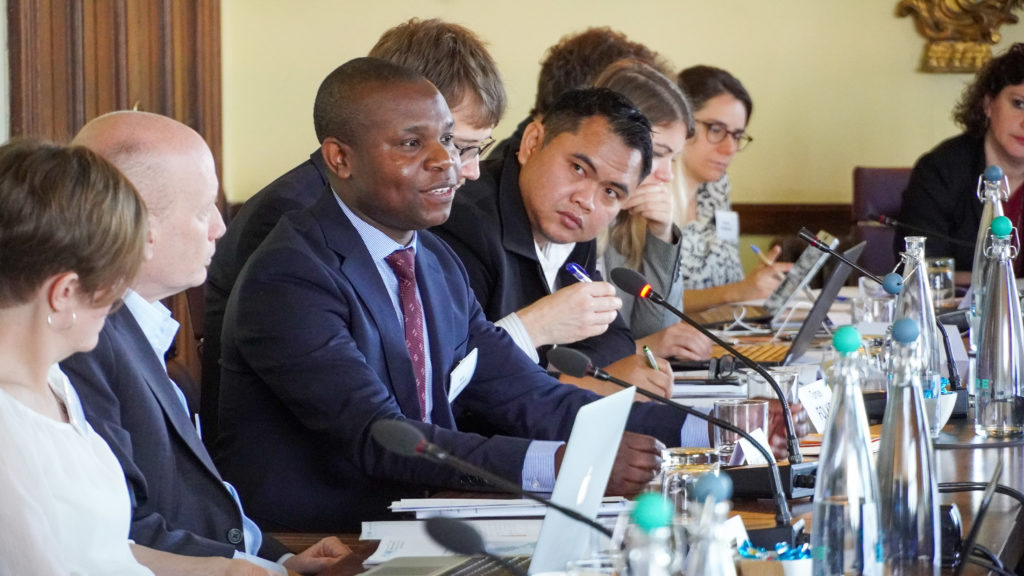
2. Align around a vision and requirements for data responsibility in the humanitarian system.
Organisations can develop maturity models to help think through what data responsibility should look like in the coming five to 10 years, and what it means for investment and capacity building in the near term.
Many organisations have developed policies, guidance, and practices that cover their sector or area of work. We need to build on this by developing joint guidance on different aspects of data responsibility that can be applied at the system level. Collaborating on documentation of best practices and shared learning is a great way to strengthen connections in the network, and to compare and align approaches to avoid mismatches in standards.
The Centre will be publishing a series of joint guidance notes on topics related to data responsibility over the coming period. These will cover issues such as the safe handling of sensitive data; methods for conducting risk, harm, and benefit assessments; and technical processes for statistical disclosure control, among others.
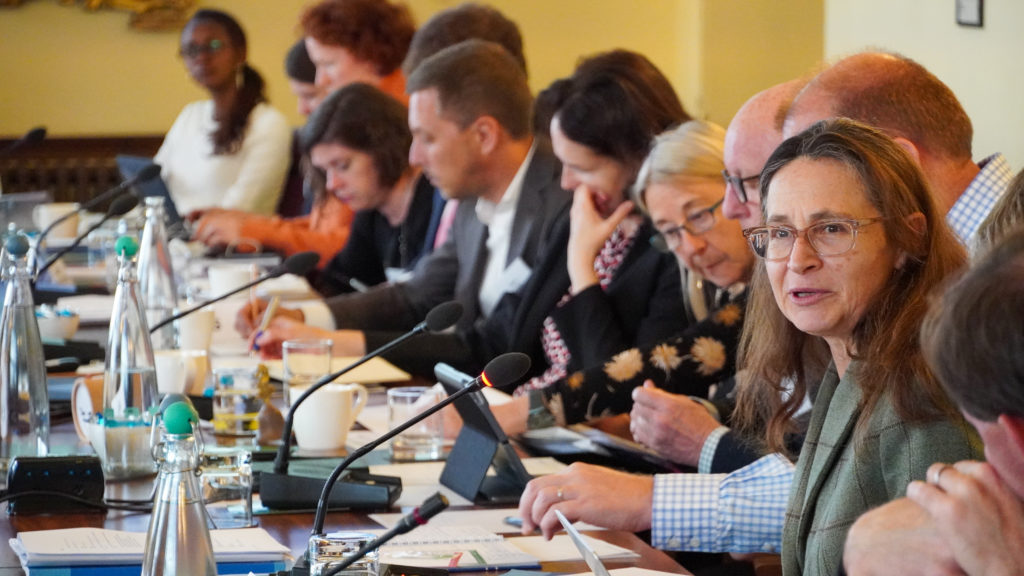
3. Agree on collaborative mechanisms for realising data responsibility in practice.
No one organisation can solve these challenges alone. Improving data responsibility requires collective action. The humanitarian system is complex, with many actors working in challenging environments where data is managed across interconnected systems.
To get to a more systemic approach, the Centre plans to work with the Inter-Agency Standing Committee (IASC) secretariat to ensure data responsibility is included on its agenda. This could include developing high-level commitments, working-level operational guidance, and shared mechanisms for addressing ongoing issues such as critical incident management.
Alongside humanitarians, governments have an opportunity to reinforce data responsibility objectives. Donors in particular have a critical role to play. Accountability and transparency requirements increasingly generate data that can compromise the primary humanitarian responsibility of protecting affected people. Demonstrating how protection and accountability principles operate in tension with one another—and how those tensions may be resolved—will be an important step forward for practitioners and donors alike.
Read the full report from the event and watch the recap video above. To learn more about data responsibility, read the Working Draft of the OCHA Data Responsibility Guidelines. Note: As of October 2021, the OCHA Data Responsibility Guidelines have been finalized and can be found here.
Let us know what you think. Email us at centrehumdata@un.org or find us on Twitter @humdata. Follow the Centre’s work by signing up for our newsletter.
Photo and video by OCHA/Karim Saba
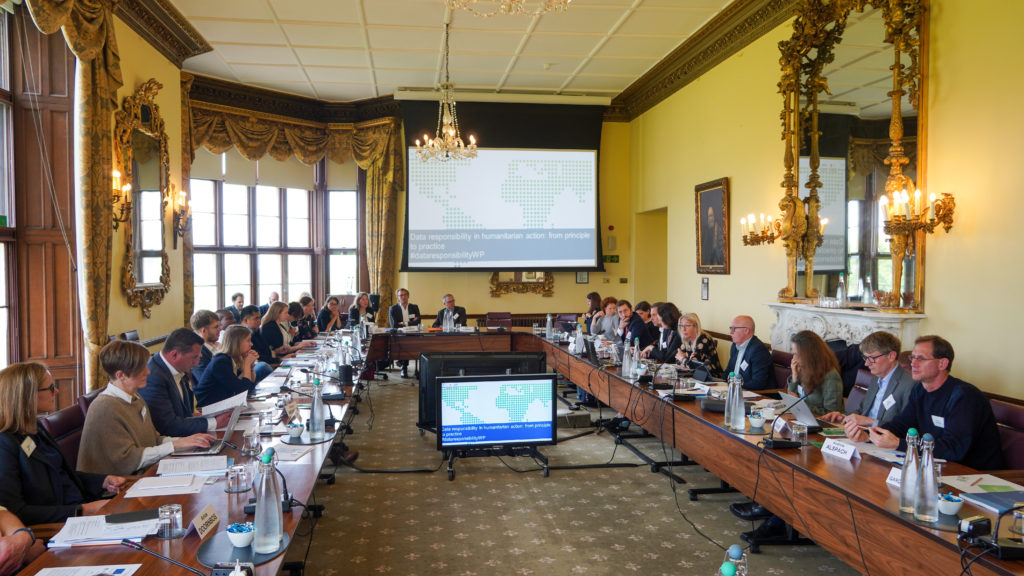
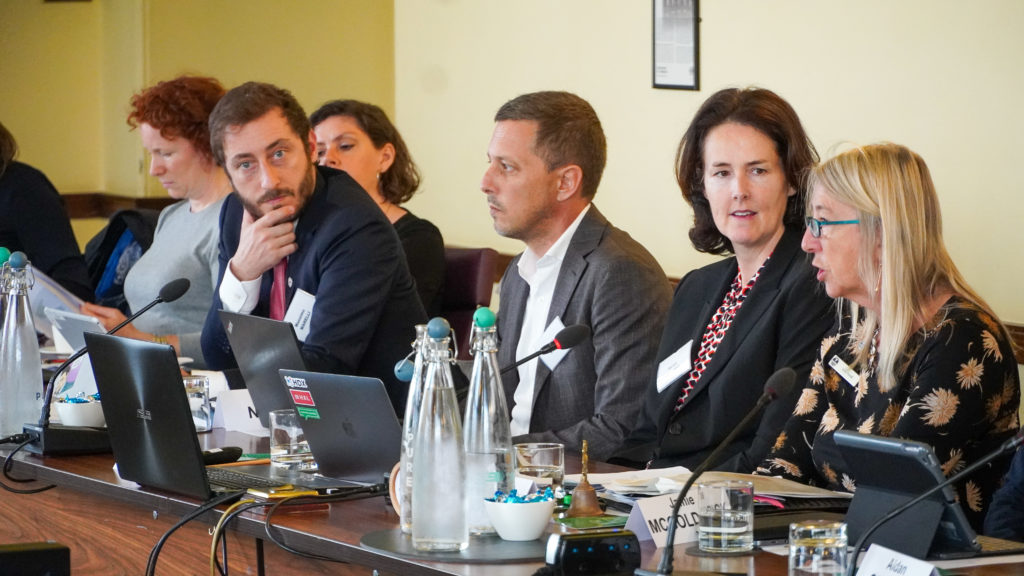
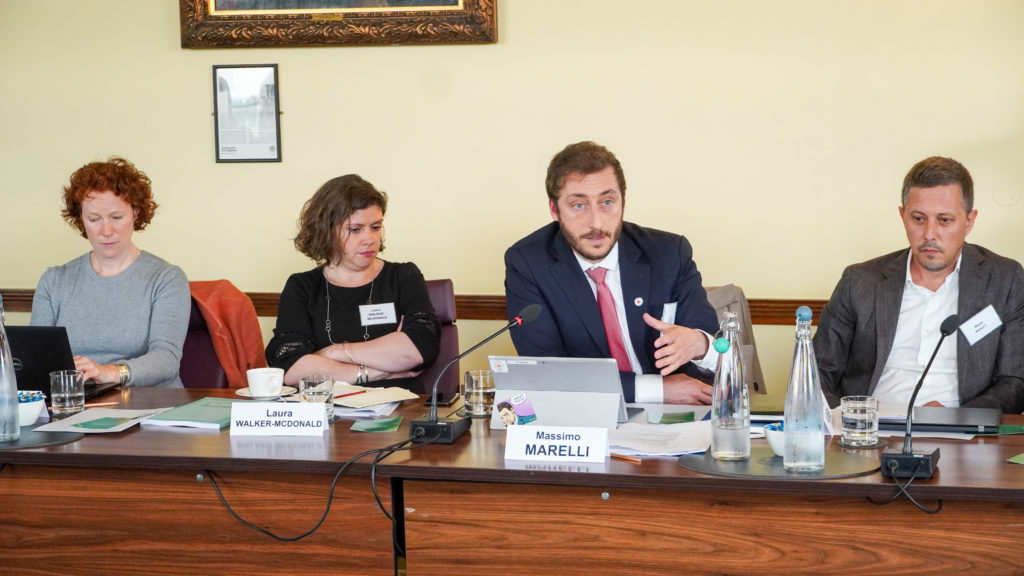

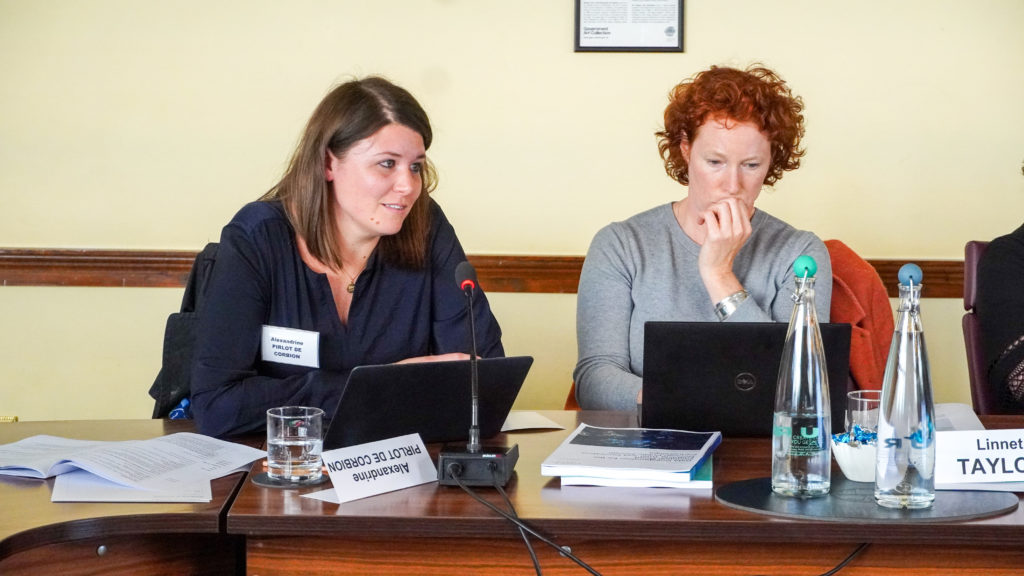
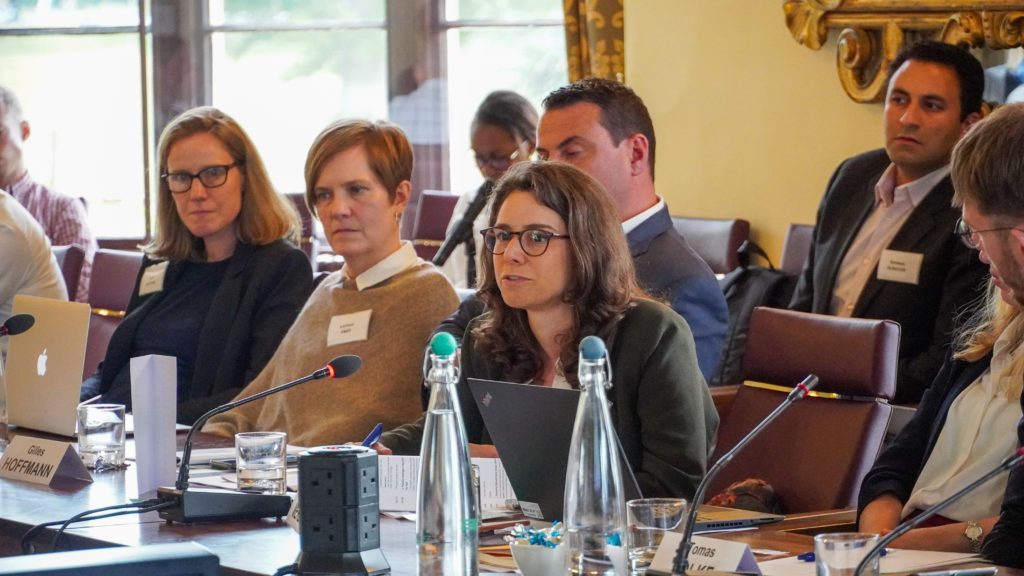
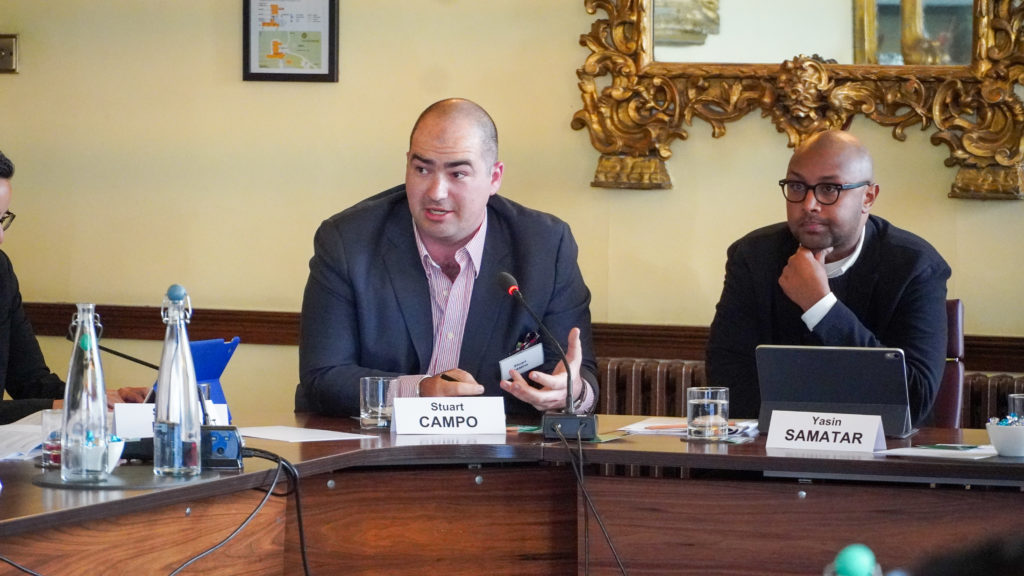
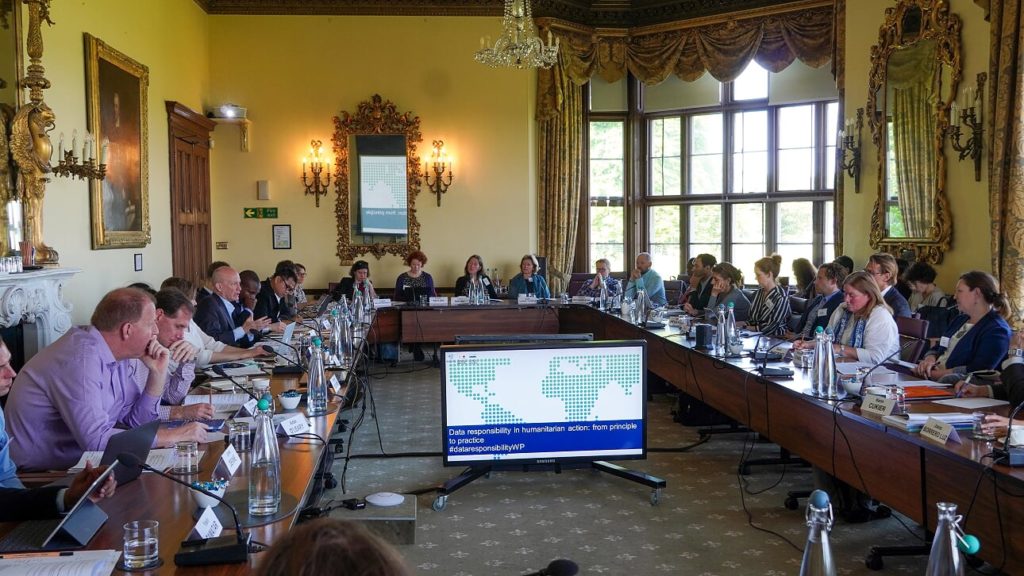

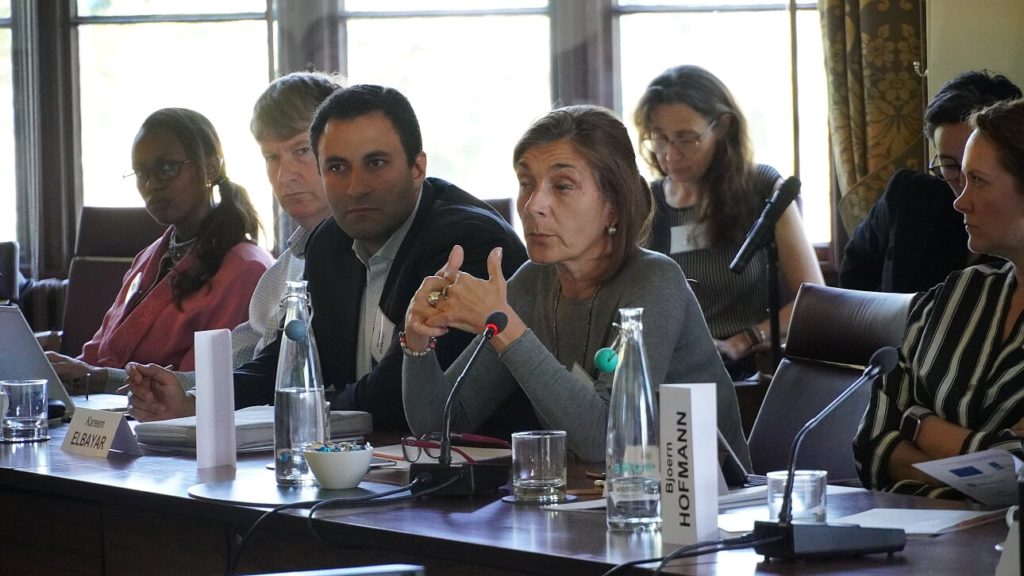
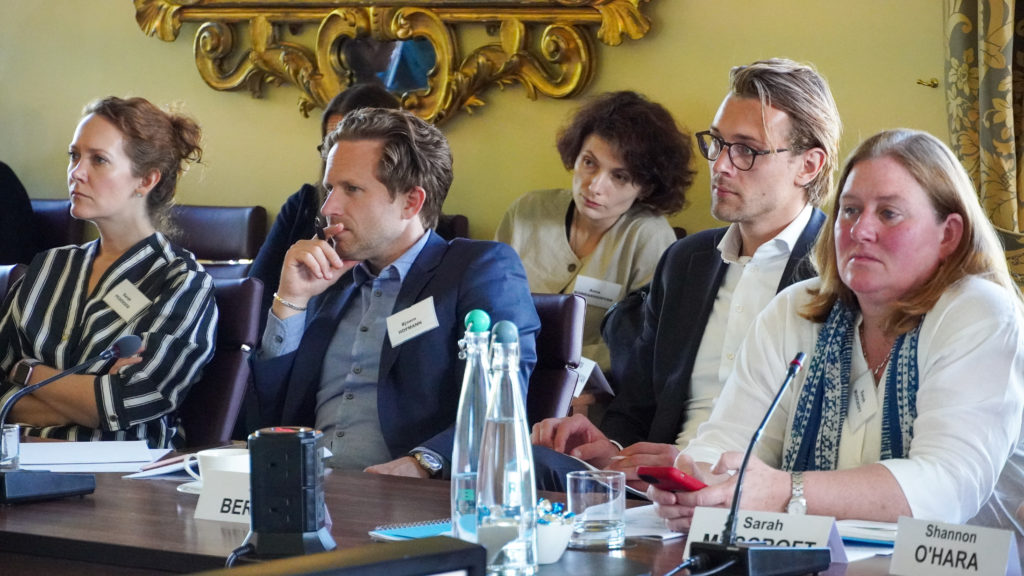
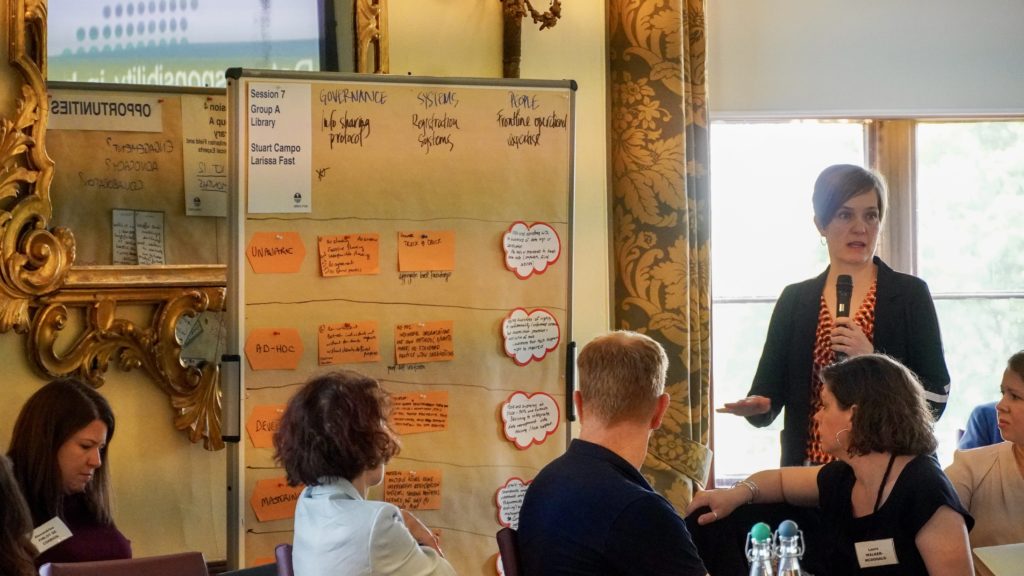
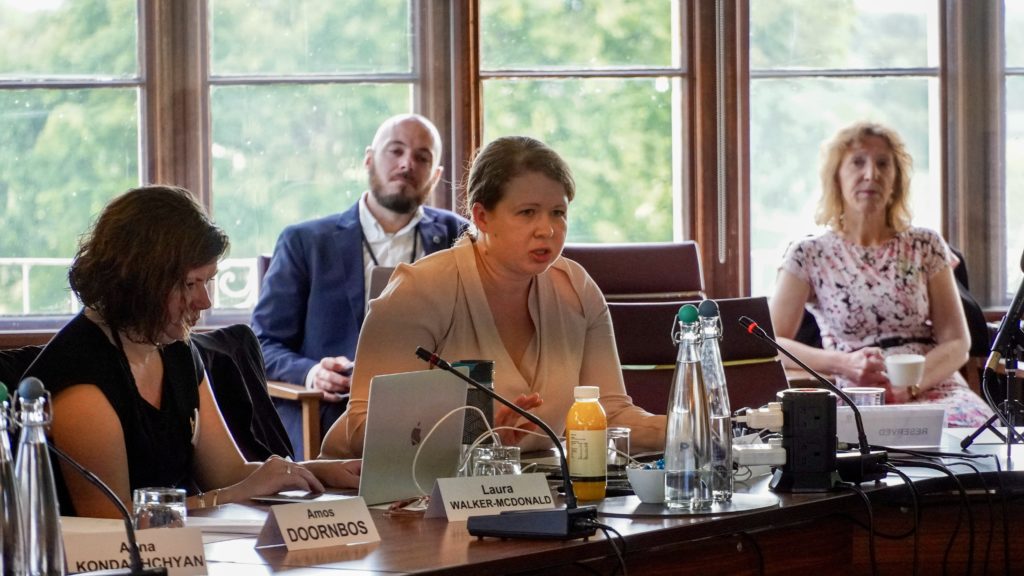
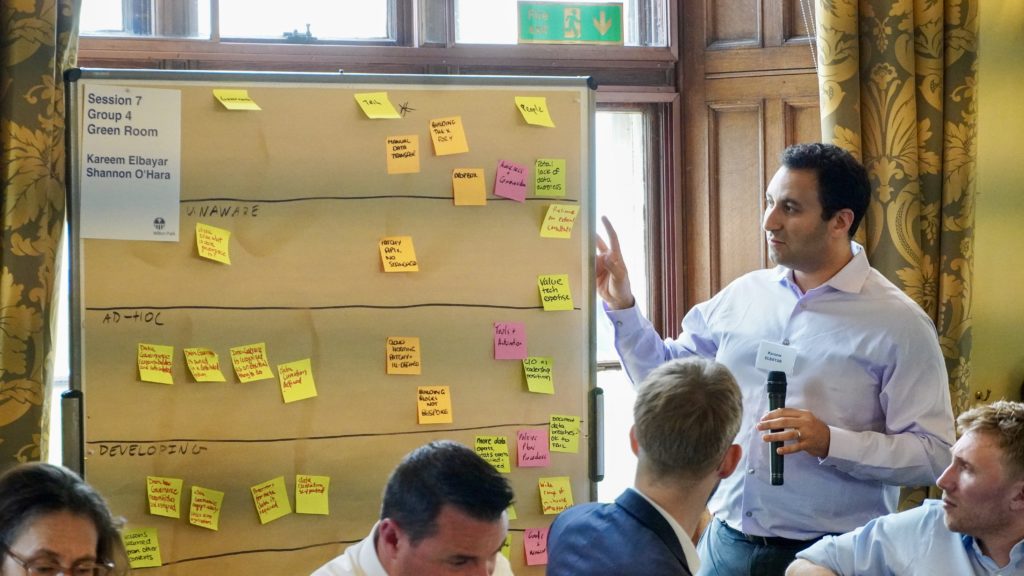
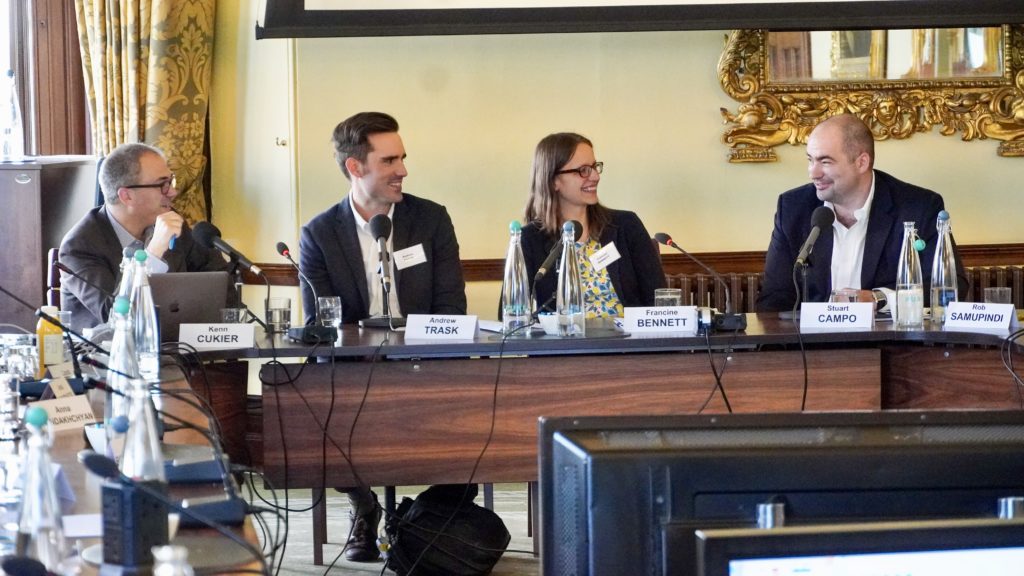
I am very pleased to inform you that since Indigenous Training Progromme, OCHA Humanitarian Action, Global AIDS monitoring reporting voluntary in Bamenda, North West Region has joined with the UN OCHA in Bamenda, North West Region Cameroon, is it the UN OCHA Secretariat in Bamenda, North West Region that are going to establish me an OCHA Humanitarian Action volunteer ID? i need UN OCHA ID and ID badge field identifying. I stay waiting to hear a favourable response from you. Thank for cooperation immensey.
ACHIRIMBI NGWA JOSEPH
Indigenous Training Programme
Humanitarian Global AIDS Monitoring Reporting
bAMENDA, North West Region Cameroon.